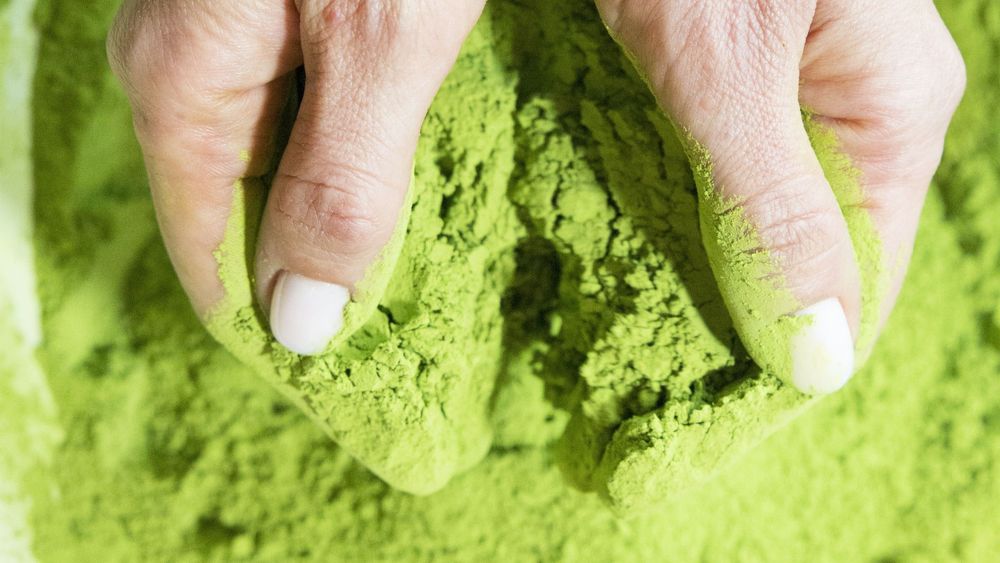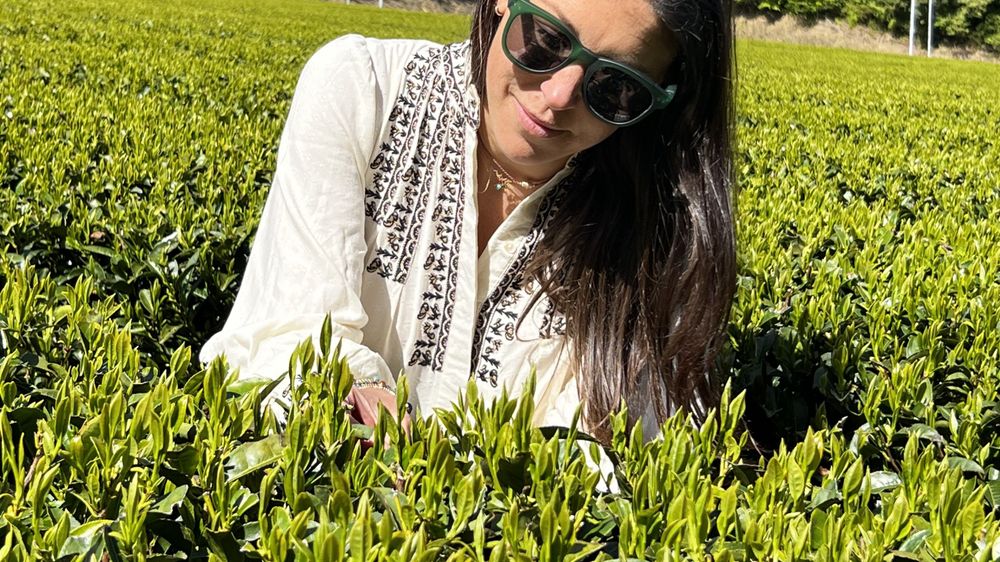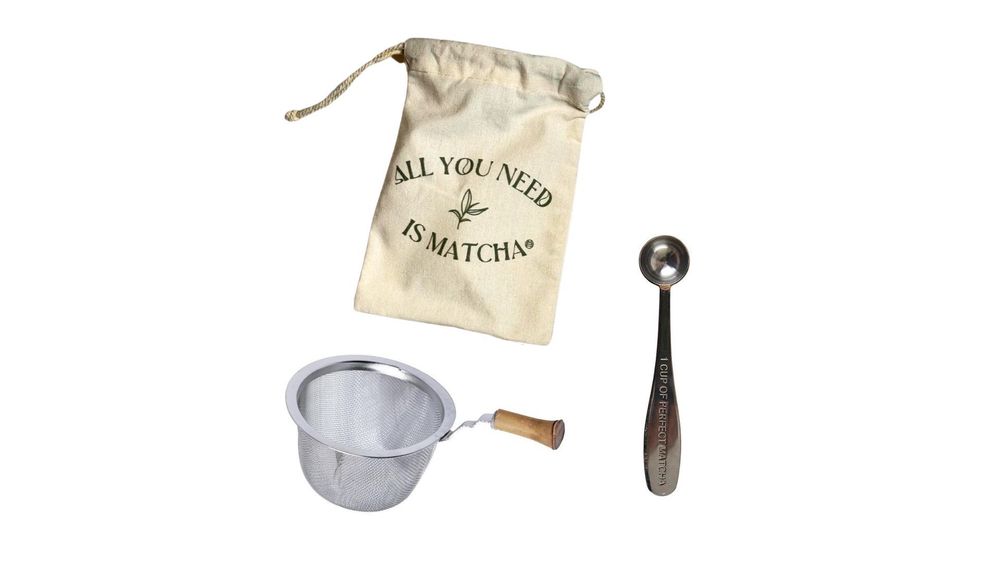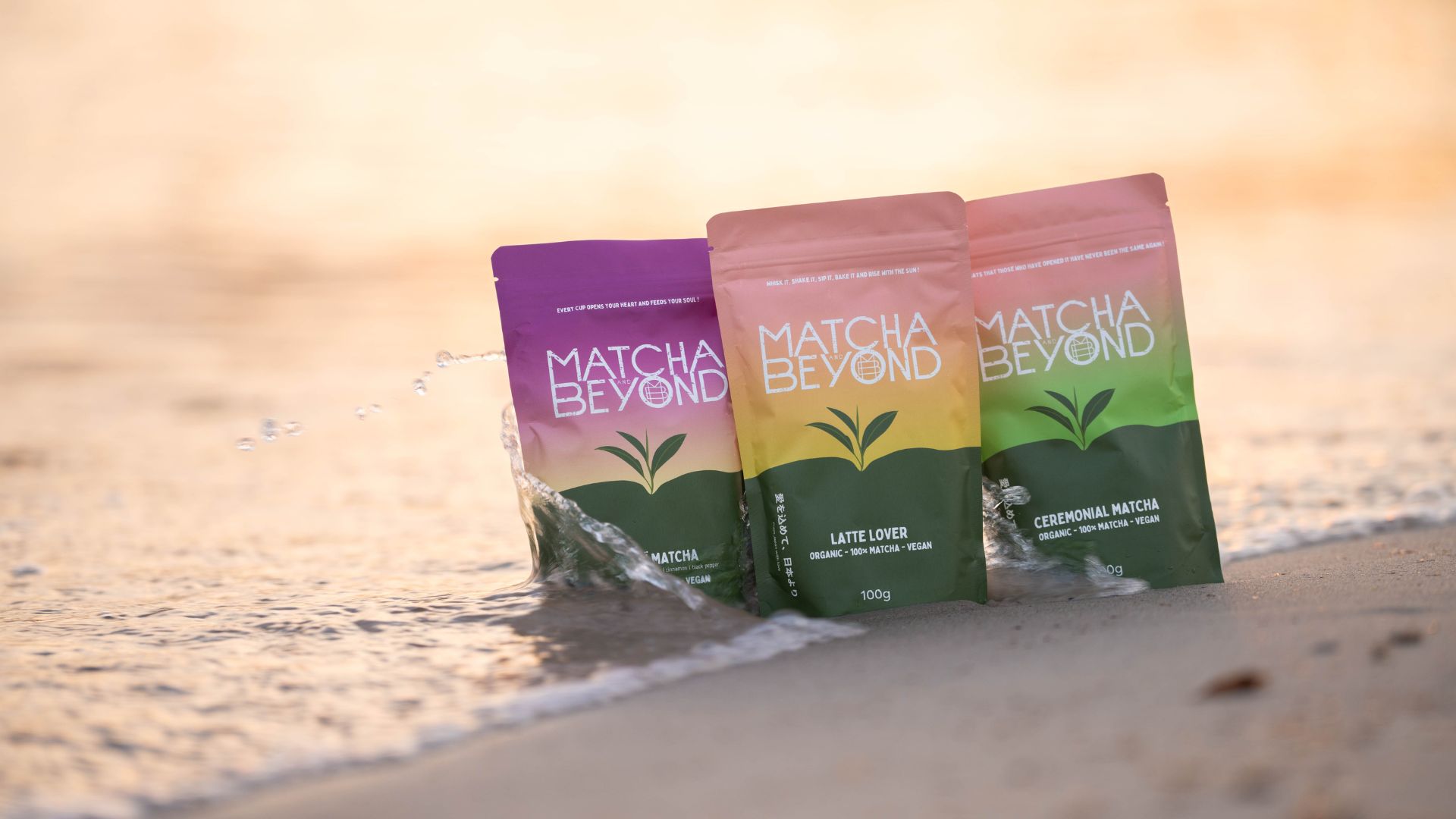Why Switching from Coffee to Matcha Can Support Energy and Focus
Introduction: The Coffee Conundrum
Coffee has long been a daily ritual for millions across the world. Its warmth, robust flavour, and quick caffeine boost make it a convenient choice to kickstart the day. However, regular coffee consumption may come with a few less-celebrated side effects that often go unnoticed until they start impacting daily life.
Many people report:
- Midday energy crashes after a morning high
- Trouble falling or staying asleep at night
- Digestive discomfort, including acid reflux or bloating
- Increased jitteriness, anxiety, or irritability
- Dependency on multiple cups just to feel functional
These symptoms are often accepted as “normal,” but they can indicate an overstimulated nervous system or disrupted adrenal function. For those seeking a gentler, more balanced source of energy, matcha presents a nutrient-rich alternative to coffee. Brands like Matcha & Beyond offer premium ceremonial-grade matcha that supports sustained energy and improved wellness outcomes without the crash.
Matcha vs Coffee: A Comparison of Caffeine and Energy
Though both beverages contain caffeine, matcha and coffee behave very differently in the body. Coffee delivers a rapid surge of energy by flooding the bloodstream with caffeine, followed by a noticeable decline as cortisol and adrenaline levels drop. This results in the infamous “caffeine crash” that often leads to another cup—and the cycle continues.
Matcha, however, contains both caffeine and an amino acid called L-theanine, which moderates caffeine’s effects and creates a smoother, longer-lasting form of mental energy.
L-theanine: Focused Calm Without the Crash
L-theanine is known for its ability to promote alpha brain wave activity, the same type associated with relaxed but alert states. This creates a unique form of energy: calm yet focused, grounded yet clear.
According to a study published on PubMed , the combination of caffeine and L-theanine improves alertness, attention, and cognitive performance more effectively than caffeine alone. Unlike coffee, which can overstimulate the central nervous system, matcha provides a steady rise in energy levels without triggering anxiety or restlessness.
Sustained Caffeine Absorption
Matcha’s caffeine is absorbed more slowly than coffee due to the presence of catechins and other natural compounds. This leads to:
- A gradual energy rise lasting 4–6 hours
- More sustained focus and productivity
- Reduced need for multiple cups or sugary add-ons
- Greater emotional balance throughout the day
This slow-release effect is especially beneficial for professionals, students, and individuals with busy schedules who need reliable, stable energy.
Health Benefits of Matcha You Can’t Get from Coffee
While coffee is primarily valued for its stimulating effect, matcha offers a wider range of nutritional benefits. As a powdered tea made from whole ground leaves, matcha provides access to the entire nutrient profile of the plant, unlike steeped tea or coffee infusions.
Antioxidants and EGCG
Matcha is one of the richest natural sources of epigallocatechin gallate (EGCG)—a type of antioxidant that has been extensively researched for its role in supporting cellular health and reducing inflammation. EGCG helps neutralize free radicals, protect against oxidative stress, and promote a healthier aging process.
Key benefits of EGCG include:
- Immune system support
- Cardiovascular protection
- Enhanced metabolism and fat oxidation
- Lower levels of inflammation
Matcha contains up to 137 times more EGCG than standard green tea, making it a functional superfood and an excellent addition to any wellness routine.
Nutrient-Dense Plant Compounds
Beyond EGCG, matcha offers a host of essential nutrients, including:
- Chlorophyll , which supports detoxification and liver health
- Vitamin A , which contributes to eye, skin, and immune health
- Vitamin C, a powerful antioxidant for collagen synthesis and immune support
- Vitamin E and K , essential for cell repair and blood clotting
- B-complex vitamins , important for energy metabolism and stress regulation
- Minerals like potassium, calcium, and magnesium
Since matcha uses the entire tea leaf, the nutrient intake is far superior to regular tea or coffee. Consumers can experience these benefits by using premium-grade options available from the Matcha & Beyond shop .
Nutritional Therapy Insights: Why Health Experts Recommend Matcha
From a nutritional therapy perspective, matcha is an ideal substitute for coffee, particularly for individuals dealing with adrenal fatigue, digestive disorders, or anxiety. Unlike coffee, which can increase cortisol and aggravate the gut lining, matcha helps promote balance within the nervous and digestive systems.
Nutritional therapists often recommend matcha to support:
- Stress management through L-theanine’s calming effect
- Improved digestion , as it is less acidic and gentler on the stomach
- Hormonal balance , by reducing the need for excessive stimulation
- Better sleep cycles , as matcha’s moderate caffeine does not spike cortisol as aggressively as coffee
The About page shares more on Olivia’s Story and how the philosophy behind Matcha & Beyond is rooted in nutrition science and holistic wellness. With the rise of functional nutrition, matcha has become a go-to recommendation for long-term energy support.
How to Make the Swap: Practical Steps for Coffee Drinkers
For those who rely heavily on coffee, switching to matcha may seem intimidating. However, with a few intentional steps, the transition can be smooth and rewarding.
Week-by-Week Transition Strategy
A gradual reduction in coffee intake helps avoid caffeine withdrawal symptoms such as headaches or fatigue. Here’s a sample three-week plan:
- Week 1: Replace the afternoon coffee with a matcha latte
- Week 2: Alternate between morning coffee and matcha
- Week 3: Transition to full matcha-based routines, reserving coffee only for special occasions if needed
This slow shift allows the body to adjust to the new source of caffeine and experience the benefits of L-theanine-fuelled energy.
A sample-size matcha tin is a great place to start for first timers looking to test different blends or preparation methods.
Popular Matcha Recipes
Matcha is more versatile than coffee and can be incorporated into a variety of recipes, both hot and cold. In addition to the classic latte, consider:
- Iced vanilla almond matcha
- Matcha smoothies with banana, spinach, and plant-based protein
- Matcha chia pudding with coconut milk and berries
- Overnight oats infused with matcha and honey
- Matcha baking, such as pancakes, muffins, and cookies
Discover more ways to enjoy matcha in the 5 Easy Matcha Latte Recipes article, featuring beginner-friendly guides for home preparation.
Matcha for Retailers, Cafés, and Wellness Businesses
Matcha is no longer just a personal wellness trend - it’s a fast-growing category in cafés, spas, nutrition clinics, and hospitality spaces. Consumers are increasingly seeking functional drinks that align with healthier lifestyles, making matcha a high-demand product.
Businesses interested in offering matcha to customers can explore wholesale options designed for:
- Coffee shops or smoothie bars
- Wellness clinics and spas
- Health and lifestyle brands
- Subscription wellness boxes
- Hospitality and hotel amenities
The wholesale registration portal provides access to bulk pricing, starter packs, and staff training materials to ensure seamless integration into any menu or storefront.
With vibrant packaging, clean sourcing, and versatile usage, Matcha & Beyond products appeal to a growing segment of health-conscious consumers looking for alternatives to coffee and sugary beverages.
Matcha as a Smarter Daily Ritual
Switching from coffee to matcha is more than a dietary change—it’s a shift in how energy is approached throughout the day. Matcha supports productivity, cognitive function, immune health, and emotional balance, all while reducing reliance on stimulants that can deplete the nervous system.
Unlike coffee, which often contributes to burnout, matcha fuels the body in a sustainable way. From antioxidant protection to calm focus, the benefits are both immediate and long-term.
To explore the full range of options, visit the Matcha & Beyond online shop and discover ceremonial-grade blends for individuals and businesses. Sign up for the newsletter to receive 10% off the first order and unlock new recipes, wellness tips, and exclusive offers.
Frequently Asked Questions
How much caffeine does matcha contain compared to coffee?
Can matcha help improve focus and concentration?
Is daily consumption of matcha safe?
Can matcha support energy without the crash?
What is ceremonial-grade matcha, and why is it important?
Is matcha suitable for use in cafés or retail settings?







